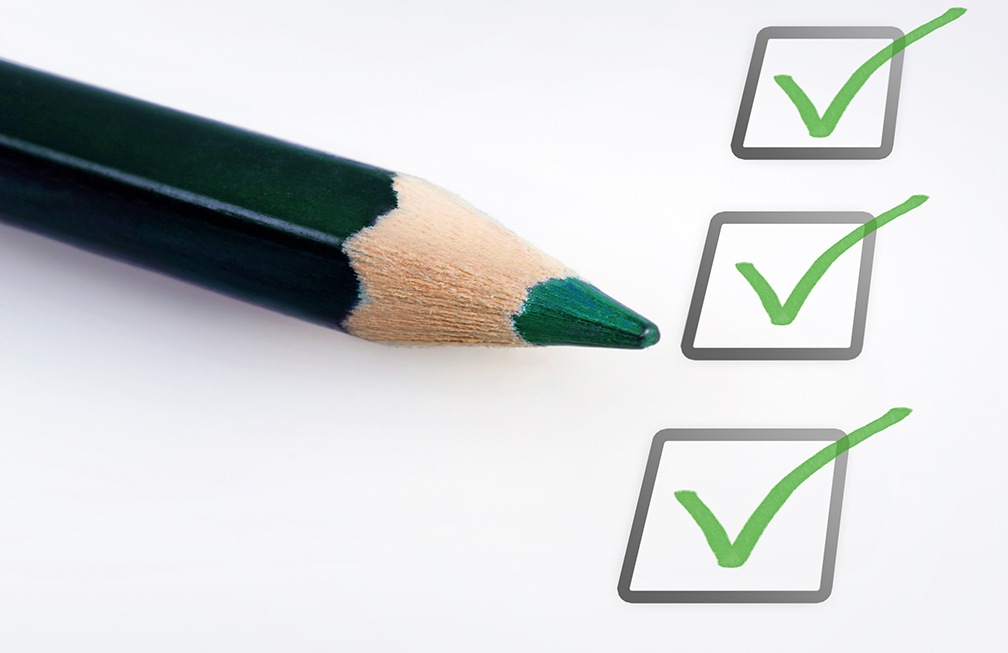The 4-Step Financial Checkup to Get Ready for a Mortgage in 2018
 Are you ready to join the ranks of homeowners in our local community? Congratulations – homeownership is a big step towards building your net worth and financial freedom. However, it is also a significant transaction that will affect your finances for the foreseeable future. Let’s take a look at a quick four-step checklist that will help you to get ready to buy a home with a mortgage in 2018.
Are you ready to join the ranks of homeowners in our local community? Congratulations – homeownership is a big step towards building your net worth and financial freedom. However, it is also a significant transaction that will affect your finances for the foreseeable future. Let’s take a look at a quick four-step checklist that will help you to get ready to buy a home with a mortgage in 2018.
Step 1: Set Up A Monthly Budget
It might sound a little basic, but the best first step is to commit to a monthly budget. After you buy a home using a mortgage, you will be responsible for making monthly payments for a period of time. The faster you get used to working inside of a budget, the better.
Your budget doesn’t have to be extravagant. Simply list your sources of income and your expenses. If you are spending more than you are making, you are going to need to cut back a bit.
Step 2: Start Setting Aside Your Down Payment
If you haven’t already, it is an excellent time to start gathering the funds necessary to make your down payment. This is the amount of cash that you put forward against the price of the home. The remainder of the purchase cost is covered by your mortgage, which you will pay off monthly in the future.
Note that the standard down payment amount is 20 percent of the home’s purchase price. If you have less than this available, you may be required to purchase mortgage insurance. But don’t let this deter you from starting the process now, especially if you have found the house that you want to buy.
Step 3: Check Your Credit Rating
Next, you will want to check your credit rating and FICO score to find out if you have any outstanding issues. You can access a free credit report from any of the major reporting agencies up to once per year, so be sure to take advantage.
Step 4: Meet With Your Mortgage Advisor
Last, but not least, you will want to schedule a meeting with your mortgage advisor. This is your opportunity to have all your mortgage-related questions answered by a professional who has your best interests in mind. If you decide that you are ready to move forward with buying a home, you can begin the pre-approval process at your convenience. We look forward to helping guide you down the path to buying your dream home!

 Have you finally found your dream home after months of searching, only to discover that the seller has received other offers? Few circumstances can raise your stress level as much as finding yourself in a bidding war against another buyer. However, being unprepared by not having your finances in order can make the situation even worse. Let’s take a quick look at a few ways that you can speed up your mortgage approval if you are in a hurry to buy your next home.
Have you finally found your dream home after months of searching, only to discover that the seller has received other offers? Few circumstances can raise your stress level as much as finding yourself in a bidding war against another buyer. However, being unprepared by not having your finances in order can make the situation even worse. Let’s take a quick look at a few ways that you can speed up your mortgage approval if you are in a hurry to buy your next home. Are you ready to dive into the real estate market for the first time? Buying a new house, condo or apartment is an exciting experience that sets you on the path to building your net worth. However, if you are planning to take out a mortgage, you should be aware that there are some potential pitfalls to avoid. Let’s explore a few of the key mistakes that first-time homebuyers make when they are shopping around for a mortgage.
Are you ready to dive into the real estate market for the first time? Buying a new house, condo or apartment is an exciting experience that sets you on the path to building your net worth. However, if you are planning to take out a mortgage, you should be aware that there are some potential pitfalls to avoid. Let’s explore a few of the key mistakes that first-time homebuyers make when they are shopping around for a mortgage.